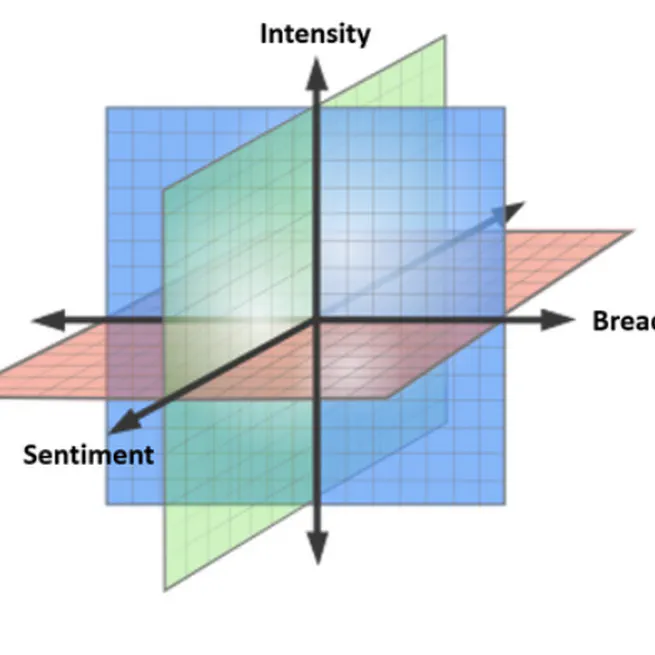
Source code to evaluate key dimensions of lexical semantic change concurrently (SIB) and complementary dimensions (salience and thematic content).
Aug 5, 2025
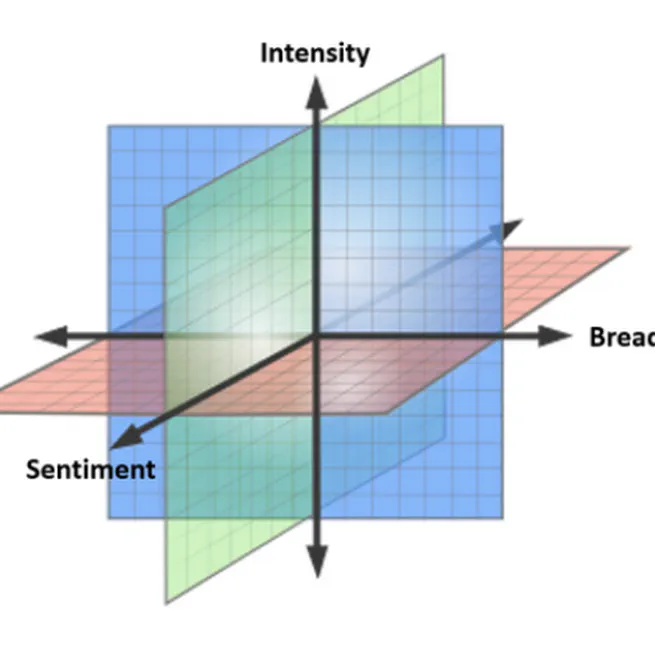
This study proposes a computational framework to evaluate lexical semantic change in a way that economically integrates forms identified by historical linguists and uses it to analyze semantic shifts in mental health and mental illness.
Aug 11, 2024
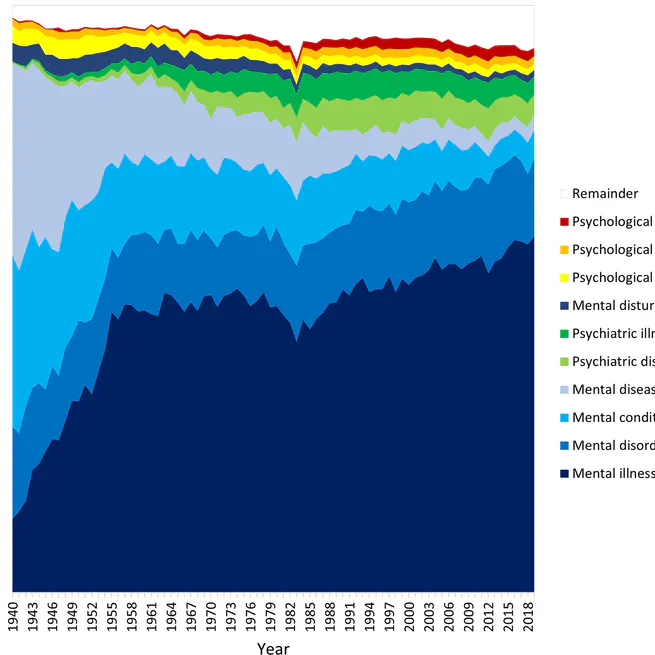
We wrote a piece on our study in THE CONVERSATION: https://theconversation.com/mental-illness-psychiatric-disorder-or-psychological-problem-what-should-we-call-mental-distress-226748?utm_medium=Social&utm_source=Twitter#Echobox=1717543647-1
Jun 4, 2024
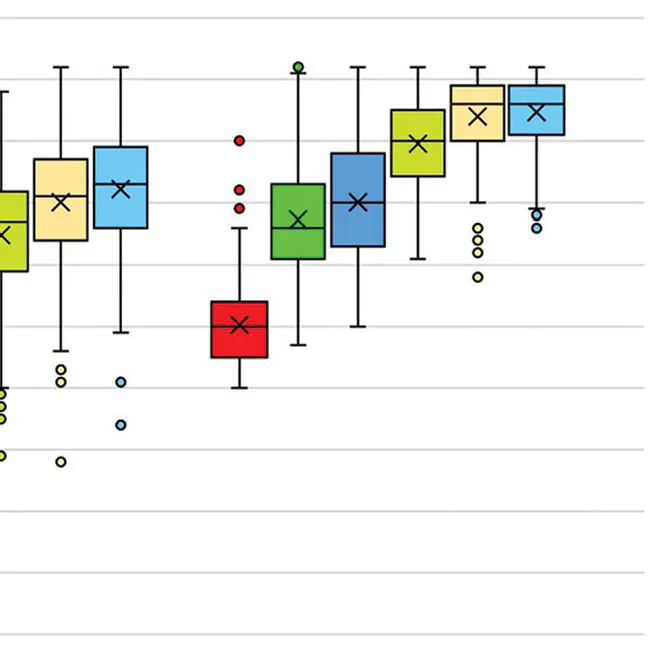
May 15, 2024
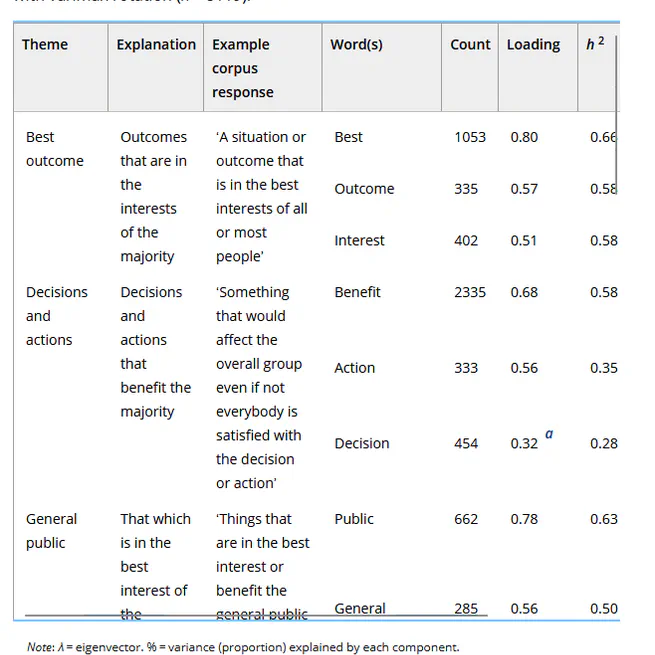
We wrote a piece on the study in THE CONVERSATION: https://theconversation.com/what-does-the-common-good-actually-mean-our-research-found-common-ground-across-the-political-divide-220843
Jan 2, 2024
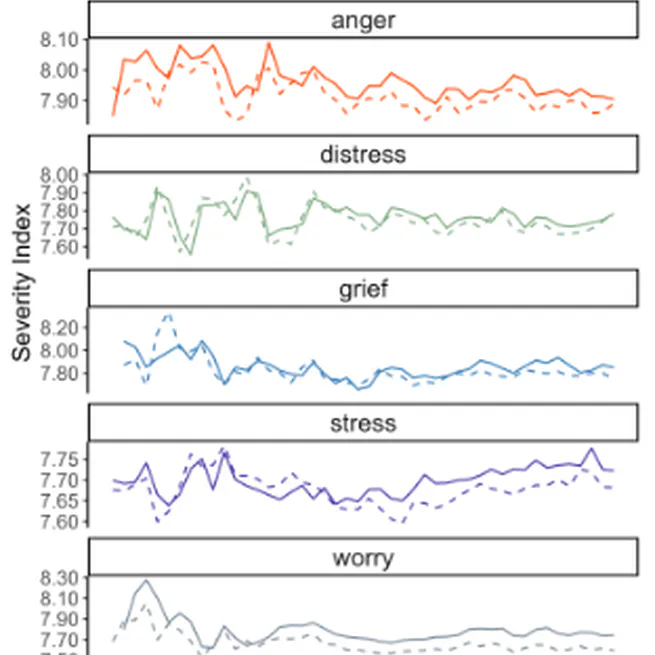
Link to slides that accompanied my 20-minute Presentation on this paper that was accepted to a workshop - “4th International Workshop on Computational Approaches to Historical Language Change 2023 (LChange ’23)” - on December 6 2023 at Resorts World Convention Centre, Singapore, affiliated with Empirical Methods for Natural Language Processing (EMNLP) 2023 Conference: https://www.slideshare.net/slideshow/semantic-shifts-in-mental-healthrelated-concepts/264396458
Dec 6, 2023
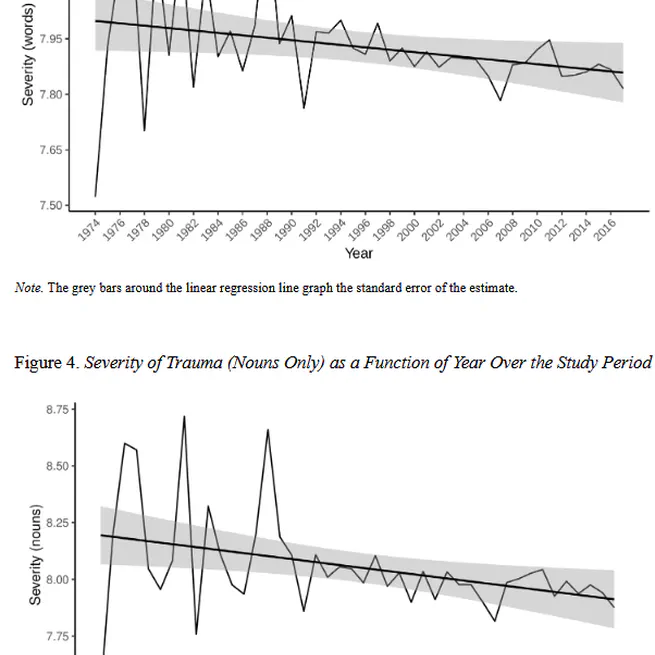
This work is the culmination of my Honours thesis. Link to slides: https://www.slideshare.net/slideshow/the-semantic-inflation-of-trauma-in-psychology-naomi-baes-ekaterina-vylomova-mike-j-zyphur-nick-haslam/254846644
Aug 11, 2023
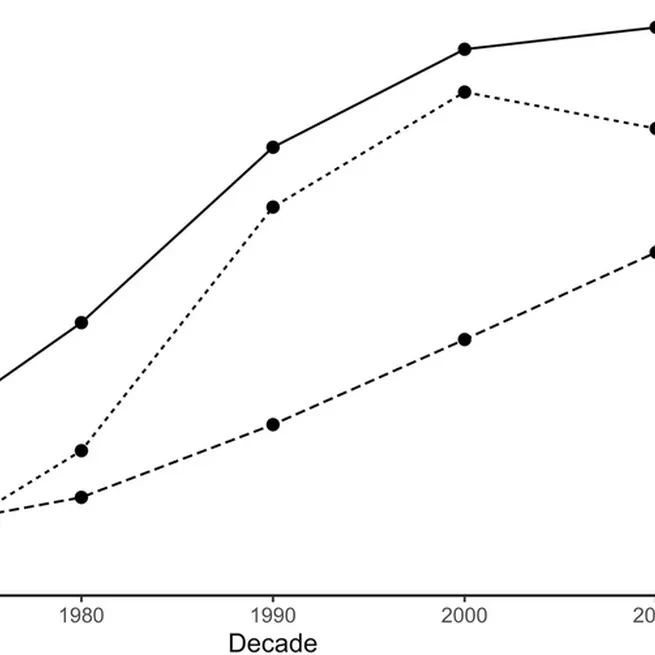
This work is the culmination of Yu Xiao’s terrific Honours project, which I helped with. We wrote a quick piece on it in PURSUIT: https://pursuit.unimelb.edu.au/articles/do-we-think-about-anxiety-and-depression-differently-now
Jun 29, 2023
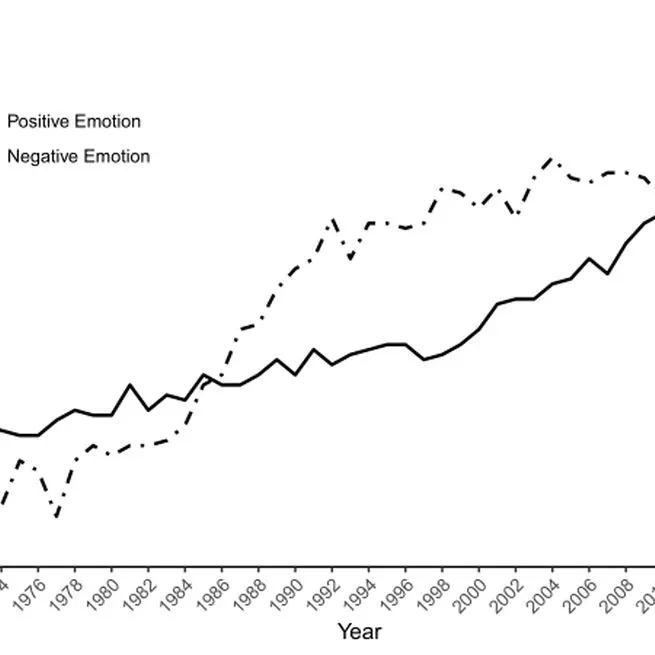
May 30, 2022